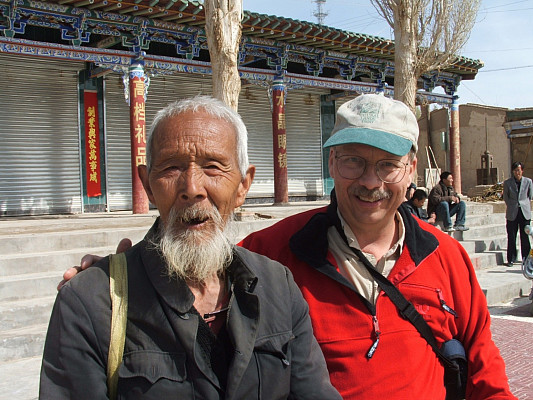
History professor presents and publishes on early Chinese society and identity
Hugh R. Clark, Professor of History and East Asian Studies, has recently focused his scholarship on the assimilation of lands south of the Yangtze River by the Chinese empire through the first millennium CE, a process that has led to the Chinese state and society we are familiar with today. In addition to a book manuscript tentatively titled “Hua Yue: Transformation and Accommodation on the South China Frontier through the 1st Millennium CE,” this project has led to two recent conference presentations.
For the 2014 Annual Meeting of the Association for Asian Studies, which met in Philadelphia in March, Professor Clark organized the panel Population movement and ethnic interaction in Fujian from pre-history through the late imperial era and contributed the paper “Going beyond: Encounters between indigenous and immigrant populations in southern Fujian in the latter half of the 1st Millennium CE.”
In addition, Professor Clark was an invited participant at the Fairbank Center for Chinese Studies Conference on Middle Period China, June 5-8, 2014 at Harvard University. In addition to moderating the conference discussion on the tenth century, Professor Clark presented the paper “The Early Song Discourse on Civilization and the Unification of Empire.”
Most recently Professor Clark has been advised that his paper “What Makes a Chinese God, or What Makes a God Chinese?” will be included in an as yet unnamed volume of papers from the conference Imperial China and Its Southern Neighbors, held in June, 2012, at the Institute for South East Asian Studies of the National University of Singapore.
